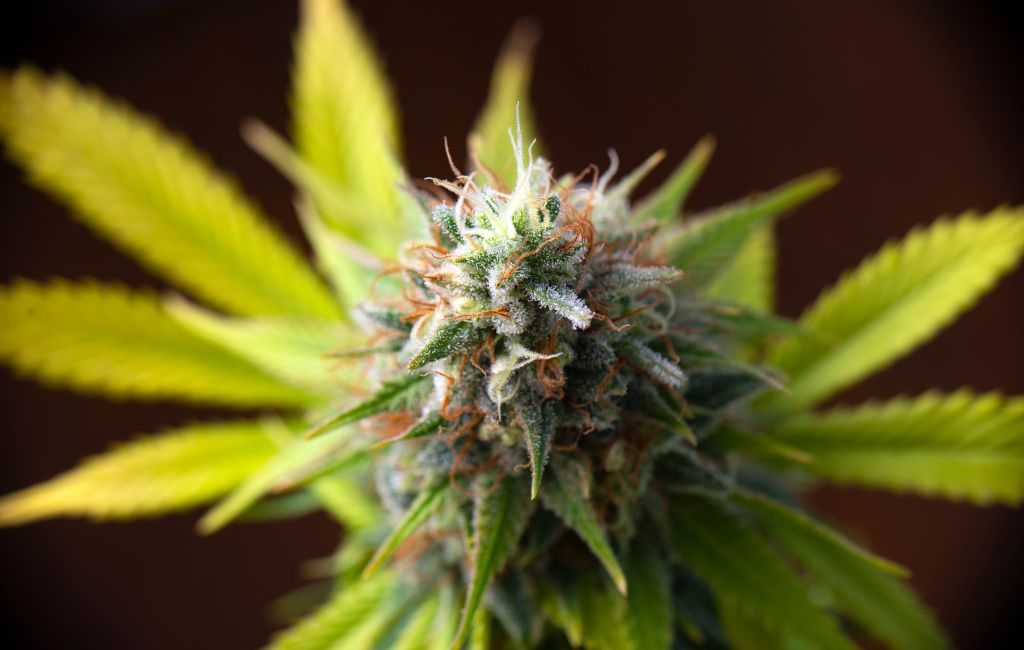Exploring the THCa Flower Health Benefits
The world of cannabis is vast and varied, with numerous compounds offering a range of potential health benefits. Among these, THCa (tetrahydrocannabinolic acid) has garnered attention for its unique properties. Unlike THC, THCa is non-psychoactive, making it an appealing option for those seeking therapeutic effects without the high. This article delves into the THCa flower health benefits, supported by research and real-world examples.
Understanding THCa: The Basics
THCa is a cannabinoid found in raw and live cannabis plants. It is the precursor to THC, the compound responsible for the psychoactive effects of cannabis. When cannabis is heated through smoking, vaping, or cooking, THCa converts to THC. This process, known as decarboxylation, alters the chemical structure, leading to the psychoactive effects associated with cannabis use.
In its raw form, THCa does not produce a high, making it an attractive option for those interested in the therapeutic benefits of cannabis without the psychoactive effects. This characteristic has led to increased interest in the potential health benefits of THCa.
Potential Health Benefits of THCa
Research into the health benefits of THCa is still in its early stages, but preliminary findings suggest several promising applications:
- Anti-inflammatory Properties: THCa has shown potential as an anti-inflammatory agent. Studies suggest that it may help reduce inflammation, which is a common factor in many chronic diseases, including arthritis and inflammatory bowel disease.
- Neuroprotective Effects: Some research indicates that THCa may have neuroprotective properties, potentially offering benefits for conditions such as Alzheimer’s and Parkinson’s disease. These effects could be due to its ability to reduce oxidative stress and inflammation in the brain.
- Anti-emetic Properties: THCa may help alleviate nausea and vomiting, making it a potential option for patients undergoing chemotherapy or those with chronic gastrointestinal issues.
- Appetite Stimulation: While THC is known for its appetite-stimulating effects, THCa may also play a role in increasing appetite, which could benefit individuals with conditions that cause appetite loss.
Case Studies and Real-World Examples
Several anecdotal reports and case studies highlight the potential benefits of THCa. For instance, some patients with chronic pain conditions have reported relief after incorporating THCa into their treatment regimen. In one case study, a patient with rheumatoid arthritis experienced significant pain reduction and improved mobility after using THCa-rich cannabis products.
Another example involves a patient with epilepsy who found that THCa helped reduce the frequency and severity of seizures. While these reports are promising, more clinical research is needed to fully understand the therapeutic potential of THCa.
Scientific Research and Statistics
While research on THCa is still emerging, several studies provide insights into its potential benefits. A study published in the “British Journal of Pharmacology” found that THCa exhibited anti-inflammatory and neuroprotective effects in animal models. Another study in the “Journal of Natural Products” highlighted THCa’s potential as an anti-emetic agent.
Statistics from patient surveys also suggest a growing interest in THCa. According to a survey conducted by the Brightfield Group, approximately 20% of medical cannabis users reported using THCa products for their therapeutic benefits. This growing interest underscores the need for further research to validate these findings and explore additional applications.
How to Use THCa Flower
For those interested in exploring the benefits of THCa, there are several ways to incorporate it into a wellness routine:
- Raw Consumption: Consuming raw cannabis leaves or flowers in smoothies or salads can provide THCa without the psychoactive effects of THC.
- Tinctures and Oils: THCa tinctures and oils offer a convenient way to consume THCa, allowing for precise dosing and easy incorporation into daily routines.
- Topicals: THCa-infused creams and balms can be applied directly to the skin, providing localized relief for inflammation and pain.
Conclusion
THCa flower presents a promising avenue for those seeking the therapeutic benefits of cannabis without the psychoactive effects. With potential applications ranging from anti-inflammatory and neuroprotective effects to appetite stimulation and anti-emetic properties, THCa offers a versatile option for various health concerns. While research is still in its early stages, the growing body of evidence and anecdotal reports suggest that THCa could play a valuable role in holistic health and wellness strategies. As interest in this compound continues to grow, further research will be essential to fully understand its potential and optimize its use in medical and wellness contexts.
